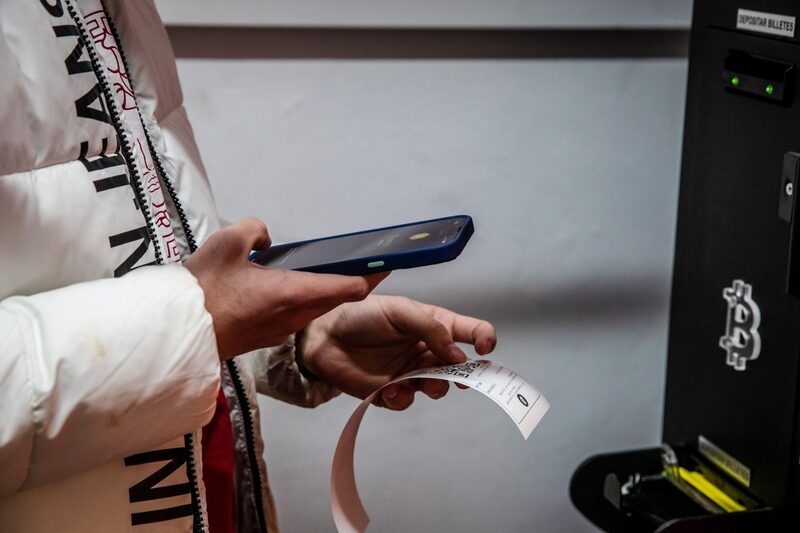While it is true that digital and streaming platforms such as Netflix and e-games have driven the adoption of financial services in the region, this is not always the case. Cash is still king in the region.
In Latin America, almost 80% of subscribers access Netflix through gift or prepaid cards, which are available at convenience stores and work just like prepaid cell phone services, said Hernando Rubio, CEO and co-founder of MOVII Colombia, during the 4th Latin American Congress on Innovation, Digital Banking and Technology, held last week in Mexico City.
However, digital wallets are enabling the unbanked to access digital products and services, thus changing the poor figures for financial inclusion.
Startups that offer wallets still have a big task when you consider that only 1 in 10 people in Latin America has a wallet, while in Asia the figure is 8 out of 10. Also, according to the World Bank, only 55% of Latin American adults have at least one bank account. Banking infrastructure is also poor in the region, where bank branches are only 15 per 100,000. In the U.S. the amount is double than that and in terms of ATMs, there are three times in that country than those found south of the Rio Grande.
But according to Rubio, cash is not the enemy here; the enemies are the lack of financial education and the lack of inclusion in Latin American countries.
The case for digital wallets in LatAm
“Wallets are helping people move their money into the digital world, which is where you mostly find the good, nice and cheap stuff, which can cost about 35% less,” Rubio estimated.
Another benefit, he says, is that businesses can go legit as this type of service opens the gate to formality. According to the OECD, Latin America has one of the world’s highest rates of informal economy, with over 60% of workers considered informal, with a widening gap across most disadvantaged socioeconomic groups.
“Financial inclusion is the gateway to formality for businesses and that is a treasure for productivity,” said the entrepreneur, stressing that MOVII has 4 million users in his wallet.
E-wallets are becoming a relevant access channel for financial inclusion, he says. And they also greatly simplify transactions without the need to go to a bank branch, Rubio pointed out.
According to a recent forecast by ReseachLab, spending on digital wallets is expected to increase from $5.5 trillion in 2020 to $10 trillion in 2025 globally.
However, uptake is still low in Latin America. Panama leads in adoption with 33%, followed by Colombia with 24% and Peru with 19%. And despite being the second largest economy in Latin America, Mexico occupies only 3%, Rubio noted, citing a recent study.
While access is important, it is the use of wallets that defines inclusion, which to be truly inclusive requires at least one transaction per month.
The opportunity for financial inclusion is massive considering that more than half of the Latin American population own a smartphone and an internet connection so they can view product and service options online, but do not have the means to pay for them, Rubio lamented.
" Through financial inclusion, a person in a remote village can access education by paying for online courses in Platzi or Coursera”, said the entrepreneur who assured that after signing up for a digital wallet people use it for saving and getting access to credit.
Rubio stressed that: “We are not telling people not to use cash, keep using it for whatever is useful in the physical world, but also use it to buy online.”
Cash will continue to be necessary until merchants accept digital payments, which according to Rubio is only about 8% of formal businesses in Colombia, the country with the lowest percentage of digital payment acceptance in Latin America.



